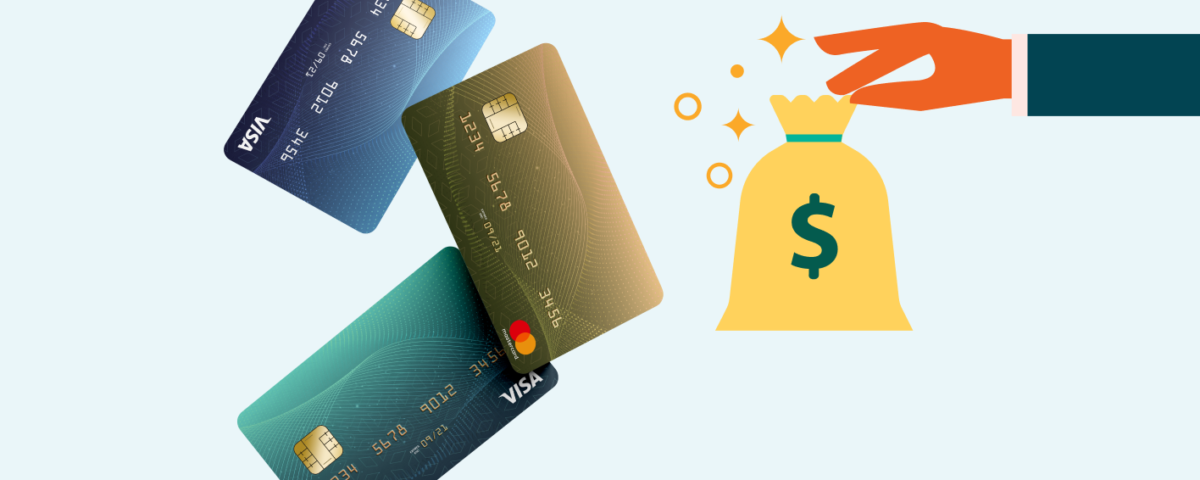 Debt consolidation loans are often marketed as a solution to the burden of multiple debts, promising lower interest rates and simplified monthly payments. In Canada, like many other countries, these loans are readily available to individuals struggling with debt. While they can be helpful in certain situations, there are compelling reasons why using Canadian debt consolidation loans to pay off debt may not be the best choice for everyone. In this article, we will explore the potential downsides of this financial strategy.
Debt consolidation loans are often marketed as a solution to the burden of multiple debts, promising lower interest rates and simplified monthly payments. In Canada, like many other countries, these loans are readily available to individuals struggling with debt. While they can be helpful in certain situations, there are compelling reasons why using Canadian debt consolidation loans to pay off debt may not be the best choice for everyone. In this article, we will explore the potential downsides of this financial strategy.
- Not Addressing the Root Cause
Debt consolidation loans may provide temporary relief by combining multiple debts into a single, more manageable monthly payment. However, they do not address the underlying issues that led to the accumulation of debt in the first place. Without addressing the root cause of financial mismanagement, individuals risk falling into the same patterns and accumulating more debt again in the future.
- Risk of Losing Collateral
Some debt consolidation loans are secured, meaning they require collateral, such as a home or vehicle. If borrowers struggle to make payments on these loans, they risk losing their collateral, which can have devastating consequences, including the loss of a home. Unsecured debt consolidation loans, while not requiring collateral, often come with higher interest rates, making them a costly choice in the long run.
- Potentially Higher Interest Rates
While debt consolidation loans often advertise lower interest rates than credit cards or personal loans, this isn’t always the case. In Canada, the interest rate on a debt consolidation loan can vary widely, depending on one’s credit score, the lending institution, and other factors. In some cases, borrowers may end up paying more in interest over the life of the loan than if they had continued to manage their debts separately.
- Extended Repayment Period
Debt consolidation loans can sometimes lead to a longer repayment period. By extending the time it takes to pay off debts, individuals might ultimately pay more in interest over the long term. Additionally, a longer repayment period means it will take longer to become debt-free, delaying financial freedom.
- Risk of Accumulating More Debt
A debt consolidation loan may provide individuals with a sense of financial security that leads to complacency. After consolidating their debts, some individuals may mistakenly believe they have addressed their financial issues and continue to accrue new debts. This scenario can result in a worsening financial situation over time.
- Impact on Credit Score
When individuals apply for a debt consolidation loan, it typically involves a hard credit inquiry, which can temporarily lower their credit score. Additionally, closing existing credit accounts after consolidating debt can negatively affect the credit utilization ratio, another factor that impacts credit scores. A lower credit score can make it more challenging to access favourable credit in the future, and this can limit one’s financial options.
While Canadian debt consolidation loans may seem like an appealing solution to overwhelming debt, they come with potential downsides that should not be underestimated. Before choosing this financial strategy, individuals should carefully consider whether it is the best option for their unique situation. It’s essential to explore alternative methods of managing debt, such as creating a budget, seeking financial counselling, and negotiating directly with creditors. Ultimately, financial stability requires more than just rearranging debts—it involves addressing the root causes of financial distress and adopting responsible financial habits to prevent future debt accumulation.

